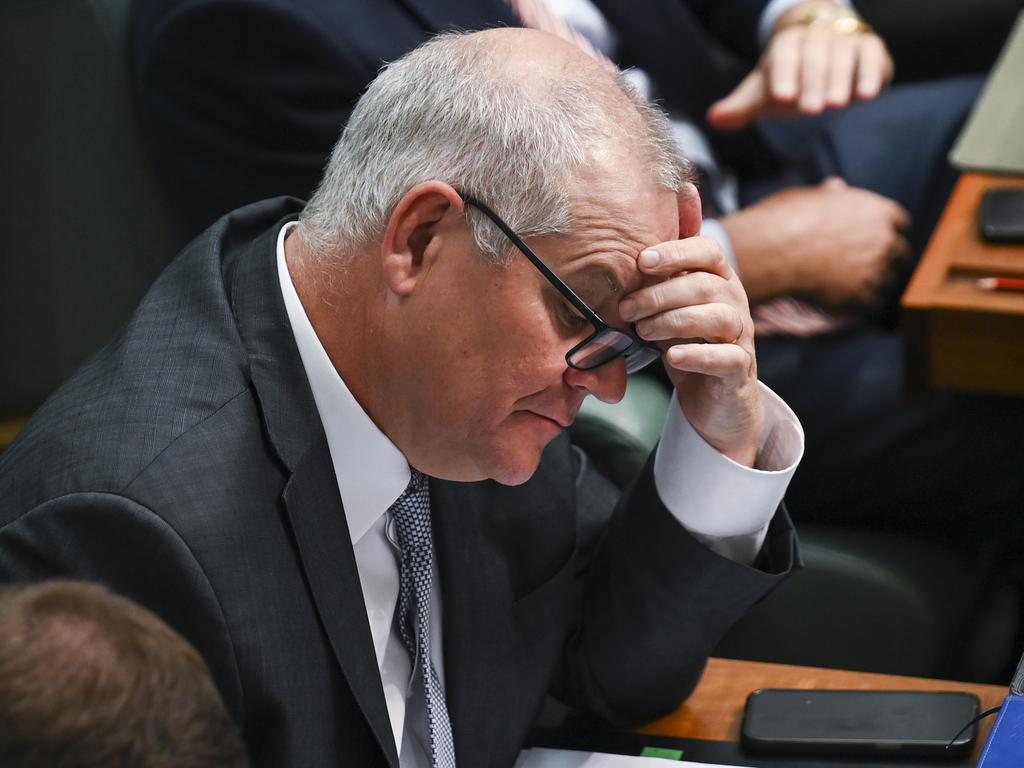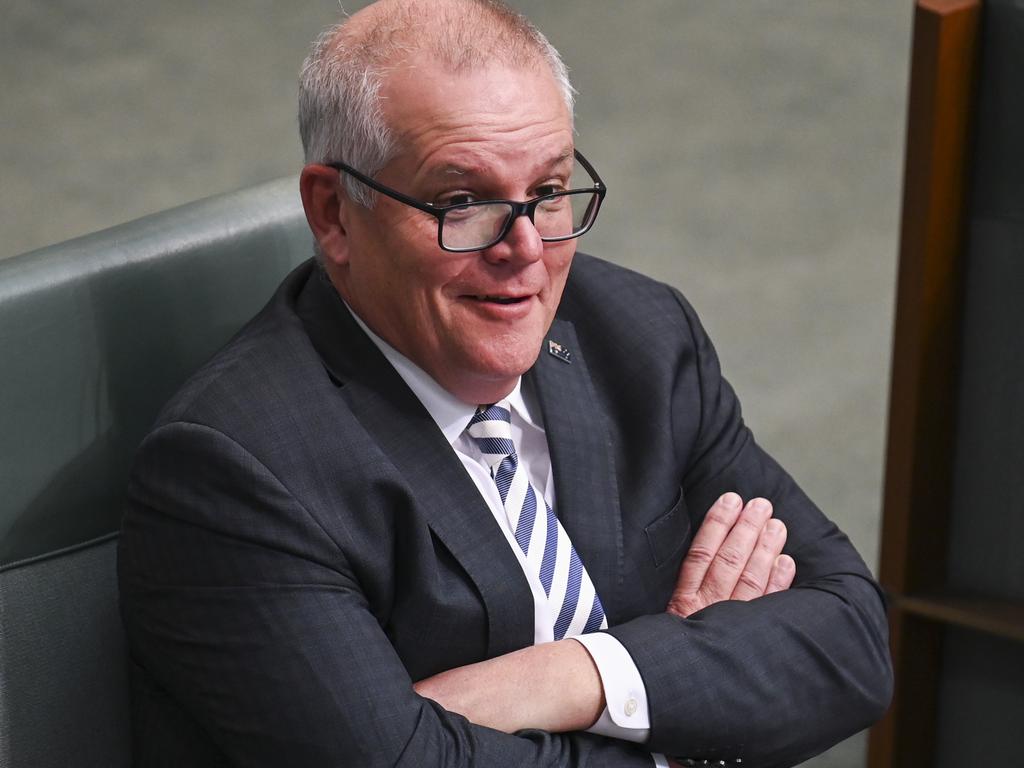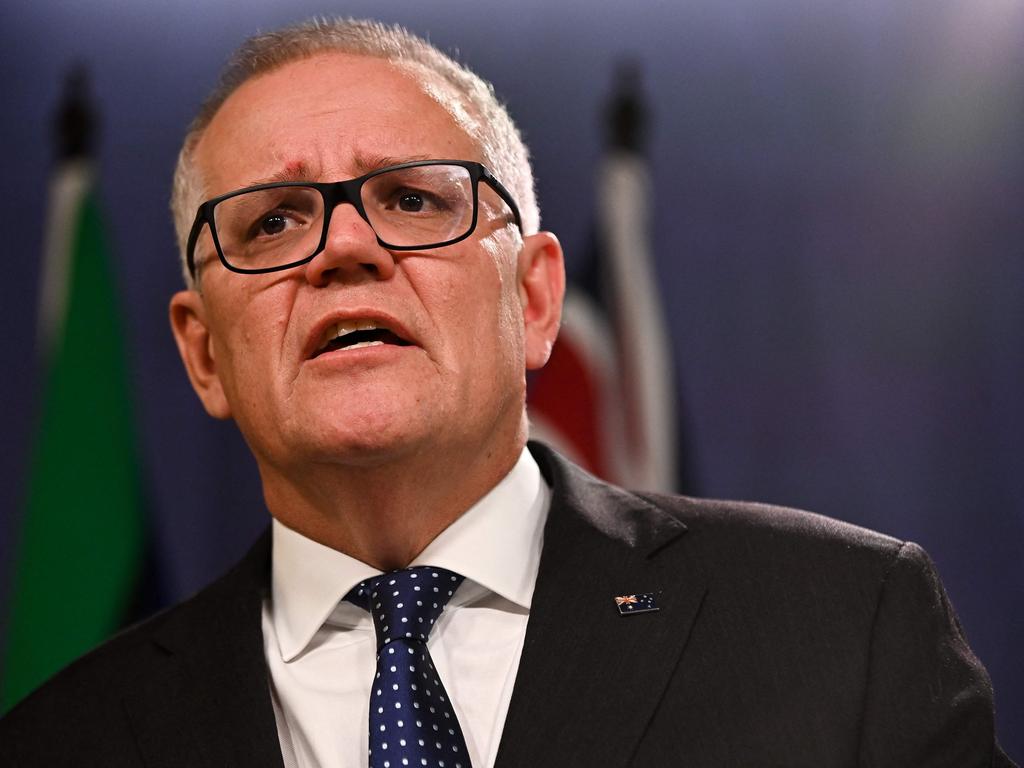What Robodebt tells us about policymaking in Australia


Holmes is quoting a father’s parting advice to a travelling son: “Give thy thoughts no tongue, nor any unproportion’d thought his act. Be thou familiar, but by no means vulgar … to thine own self be true.”
Sons rarely listen to such conventional advice. Will our political and public service leaders be any different in responding to Holmes’s review? Robodebt, she argues, “was put together on an ill-conceived, embryonic idea and rushed to cabinet … the misconceived notion that unreviewed discrepancies” between the Australian Taxation Office and Department of Human Services income data “represented mountains of gold”.
The nub of the problem was too much political haste, too little bureaucratic push-back and poor-quality advice to government that was overly focused on how to make a dodgy plan work. Holmes says: “Nothing I have seen in ministerial briefs or material put to cabinet suggests any tendency to give full and frank advice.”
Add to that a public service lacking in complex administration skills, an unbridged divide between policymakers and implementers, and political interference that went way too deep into the guts of public administration.
There was, Holmes found, an appalling lack of record-keeping, driven by a shared political and bureaucratic desire to keep sensitive matters away from public view.
Once Robodebt was running there was no capacity to listen and react to clear evidence that it was harming people who had done nothing wrong.

Holmes reflects on her review that “the process did not inspire confidence in the transparency of government policymaking and implementation”. Spend a few hours reading the royal commission report and you will come away with the view that many politicians and public officials must regard average Australians with contempt. “Robodebt was a crude and cruel mechanism, neither fair nor legal, and it made many people feel like criminals.”
Beyond the specific issue itself is the bigger question of how governments and the public service develop and explain policy – often with deep cynicism about public acuity. Establishing the royal commission was a political act by the Albanese government designed to expose the reality that the Morrison government too often cut policymaking corners in the name of political expediency. That’s undeniable. It’s also not a characteristic unique to the Morrison government.
Done right, fast political manoeuvring sometimes can produce good policy outcomes. Australia would never have developed AUKUS and the potential for nuclear-powered submarines had Scott Morrison not cut a swath through policy orthodoxies.
In an earlier Coalition government, defence minister Brendan Nelson achieved an important policy outcome by refusing to accept departmental advice that the Joint Strike Fighter would be delivered early enough to prevent an air combat capability gap emerging with the retirement of the F/A-18 Hornet. Inevitably the JSFs were delayed. Nelson’s political intervention delivered the Super Hornets and they have turned out to be far more important than a mere gap filler. They will continue to play a unique electronic warfare role and carry weapons unable (so far) to be fitted to the JSF.

We elect governments to make policy decisions. At times that means not accepting advice from the public service. But policy adventurism more often seems to deliver outcomes such as Robodebt, pink batts, the Education Revolution’s school halls and Snowy Hydro 2.0.
Much media reporting will focus on the royal commission’s “referral of individuals for civil action or criminal prosecution”.
More important than headhunting are problems that have become systemic in Australian policymaking. The first of these is political policy adventurism – frankly, how governments make stuff up and then cloak policy thought-bubbles in more respectable public service terms.
Closely related to this is how the public service has allowed itself to be devalued from an institutional core of policy excellence to be the highly paid enablers of politically driven policy stupidity.
Watch any parliamentary estimates committee hearings and you will see some of the country’s smartest public policy administrators acting as a type of government-directed decontamination squad. The public service is there to implement government policy but that has to be balanced with advice on what is smart and what is downright stupid.
To be clear, neither the government nor the public service has a monopoly on stupidity. As well as a career in Defence, I spent close to seven years over three jobs as a ministerial adviser in Parliament House.
Separate to the public service, staff members are criticised by Holmes as being too “inherently political”, leading to “excessive responsiveness by (public service) leaders to the wishes of ministers”.
Well, maybe. But I never saw a secretary worth their salt pushed over by a ministerial staff member, and on plenty of occasions departmental officials need reminding that they work for elected leaders.
The problem is more an emerging coalition of mediocrity – an axis of the average – between media-obsessed ministers, controlling but clueless staff members and public servants more eager to please than to state difficult truths.

The royal commission report does not expose a monstrous conspiracy so much as a collection of lazy platitudes, sloppy implementation and half-covered trails. Every player wins a prize. It’s how so much policy was and still is being made. The misuse of security classifications and cabinet-in-confidence markings and the abuse of Freedom of Information rules is part a systematic cover-up of sloppy policymaking by governments and officials.
The most important chapter in Holmes’s report is the final one on the public service. She points to “repeated failures by members of the Australian Public Service to discharge their professional obligations and to adhere to the values and standards that applied to their roles”.
Governments get the type of policy advice they demand. If there is no call for carefully developed strategic policy advice then ministers won’t receive it.
Labor will delight in flaying the opposition with the Robodebt report but the political value it hopes to extract goes to the essence of why our policymaking processes are thoroughly – and bipartisanly – broken.






On page 655 of her report into the Robodebt scheme, royal commissioner Catherine Holmes looks to Shakespeare’s Hamlet for her conclusion: “If ever there were a case of giving an unproportion’d thought his act, this was it.”